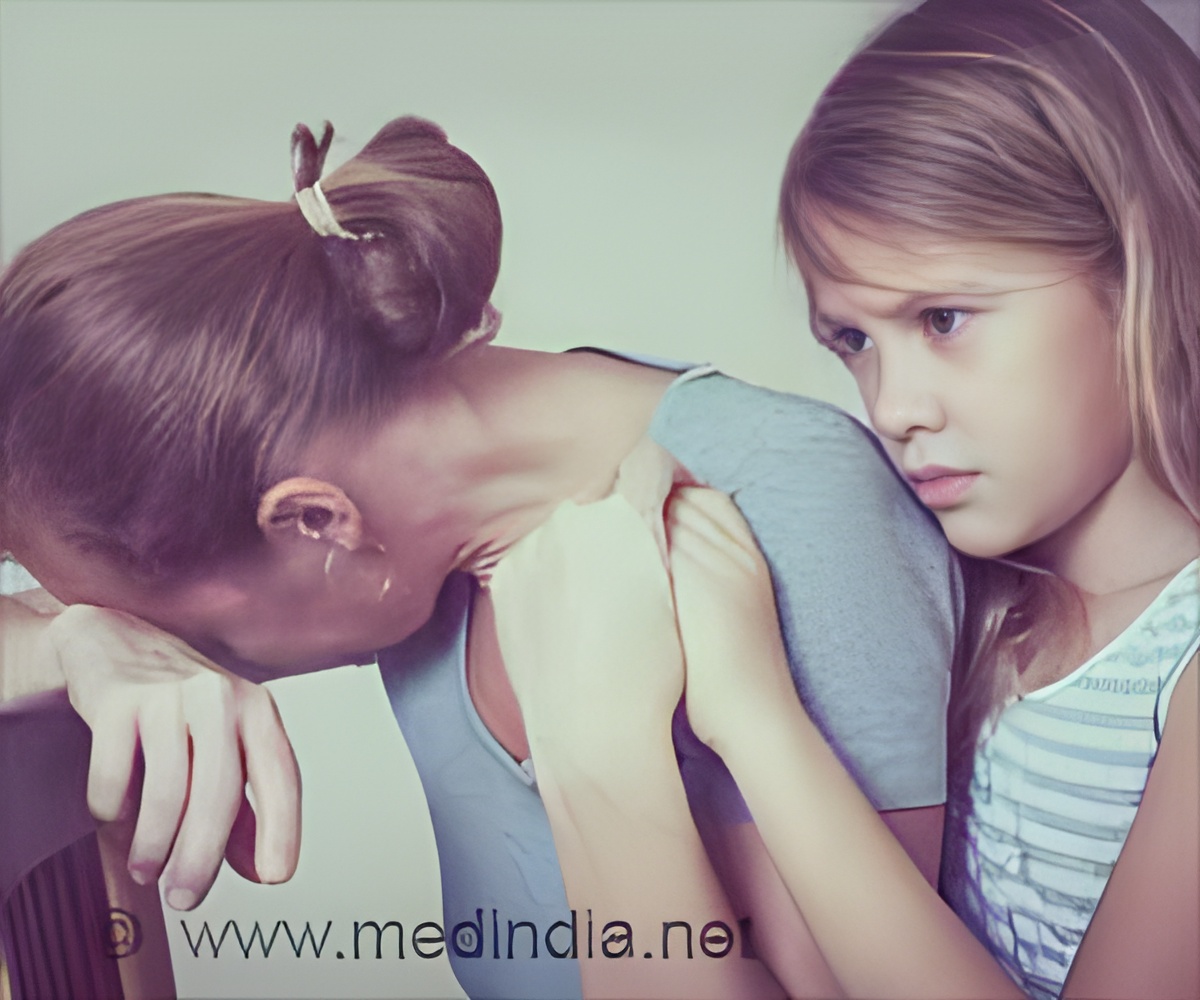Among the LGBQ community, depressive symptoms were found to be showing in kids aged as early as ten, finds a new study.

‘LGBQ community youth are more likely to experience depressive symptoms at a very young age, and what is worse is that these symptoms persist at least into their early 20s.’





Depressive symptoms increase at a higher rate through adolescence among LGBQ youth* than for their heterosexual peers, and they are more likely to have self-harmed recently, according to the findings published today in The Lancet Child & Adolescent Health.LGBQ young people were found to be four times more likely to self-harm with suicidal intent than heterosexuals.
"We've known for some time that sexual minority youth have worse mental health outcomes, and it quite concerns that we've found this trend starts as early as 10 years old and worsens throughout adolescence," said the study's senior author, Dr Gemma Lewis (UCL Psychiatry).
The study, which is the first of its kind in the UK, including 4,828 young people from the Children of the 90s birth cohort, the Avon Longitudinal Study of Parents and Children (ALSPAC), who had reported their sexual orientation at age 16.
To make for a robust sample of LGBQ youth, all participants who were not exclusively heterosexual were grouped into the same 'sexual minority' category, including 625 people (13%) who had described themselves as homosexual, bisexual, mainly homosexual, mainly heterosexual, unsure or not attracted to either sex.
Advertisement
Depressive symptoms increased throughout adolescence in both groups, but the increase was greater for sexual minority youth, who already were more likely to report depressive symptoms from age 10. Self-harm was more common among non-heterosexuals at both 16 and 21.
Advertisement
Mental health outcomes were worse for each of the sexual minority groups compared to heterosexuals.
While the current study did not investigate the reasons behind these differences, the researchers say there are numerous factors likely to be involved.
"As these differences emerge so early, we suspect that a sense of feeling different might affect mental health before children can even articulate that difference. As they progress through adolescence, a range of stressors could be involved, such as discrimination, stigmatization, feelings of loneliness, social isolation, shame or fear or rejection, including at home or school," said the study's first author, Madeleine Irish (King's College London).
"Our findings suggest that clinicians who encounter young people, whether in primary or secondary care, sexual health services, the emergency department, or as school nurses, should be mindful about sexuality in considering the wider context for depressive symptoms or self-harm. Clinicians should use language and questions that reflect openness about sexuality, and not assume heterosexuality, and they should be aware that a young person who identifies as not exclusively heterosexual may have struggled with mental health problems from early in development," said co-author Dr Alexandra Pitman (UCL Psychiatry).
Dr. Lewis added: "The fact we found mental health disparities at such a young age suggests that early interventions may be useful to prevent and treat such mental health challenges. Despite changes to public perceptions and attitudes in recent years, gay, lesbian and bisexual youth remain at increased risk of long-term mental health problems - addressing this inequality should be research, policy, clinical and public mental health priority."
Source-Eurekalert









